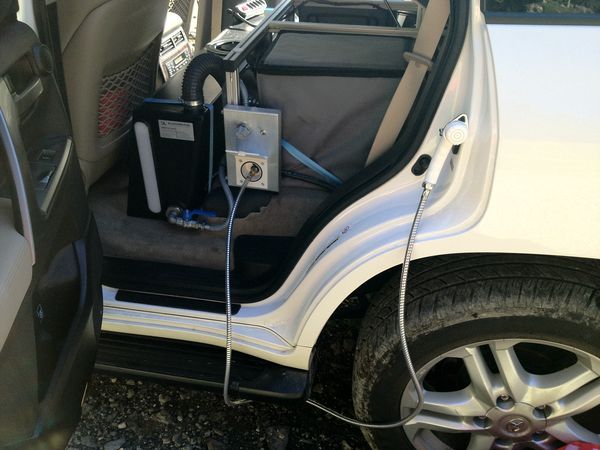Peter_n_Margaret
Adventurer
I am currently building another expedition truck.
No propane was the first big fuel decision. Why? It is expensive fuel compared to other options, It is not always available in remote locations, it is heavy (when the container is included) and it is dangerous in confined areas.
Chosen fuels are:
1. Solar. Clean, silent, free. Planning 1.5kW. Cost of equipment has crashed in recent years. Stored in LiFeO4. Much of the electrical energy will be used in domestic appliances (which are cheap and efficient) as AC via inverters. This includes the inverter fridge freezer and induction cook top. Airconditioning is possible. Backed up by the vehicle alternator.
2. Diesel. It is a diesel vehicle, so it is there anyway. It is cheap and available. Used for central heating and hot water (if the solar is insufficient).
It is of note that we are prohibited from collecting firewood or having fires in many National Parks at all times and many other places during the fire season.
Cheers,
Peter
No propane was the first big fuel decision. Why? It is expensive fuel compared to other options, It is not always available in remote locations, it is heavy (when the container is included) and it is dangerous in confined areas.
Chosen fuels are:
1. Solar. Clean, silent, free. Planning 1.5kW. Cost of equipment has crashed in recent years. Stored in LiFeO4. Much of the electrical energy will be used in domestic appliances (which are cheap and efficient) as AC via inverters. This includes the inverter fridge freezer and induction cook top. Airconditioning is possible. Backed up by the vehicle alternator.
2. Diesel. It is a diesel vehicle, so it is there anyway. It is cheap and available. Used for central heating and hot water (if the solar is insufficient).
It is of note that we are prohibited from collecting firewood or having fires in many National Parks at all times and many other places during the fire season.
Cheers,
Peter




